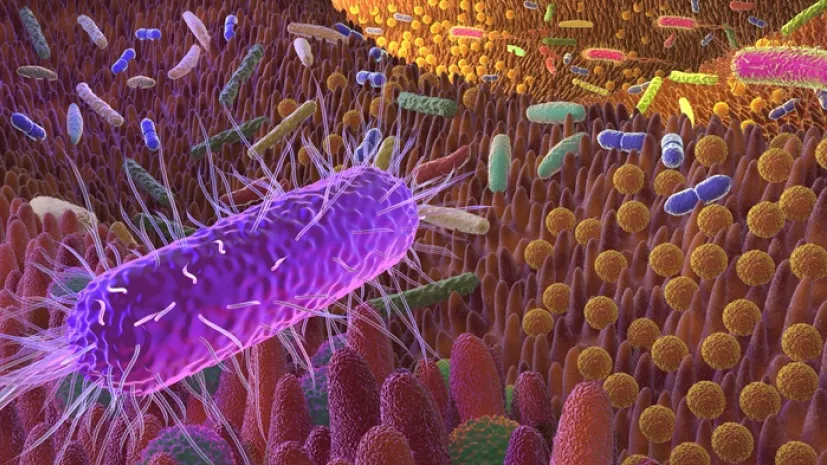-
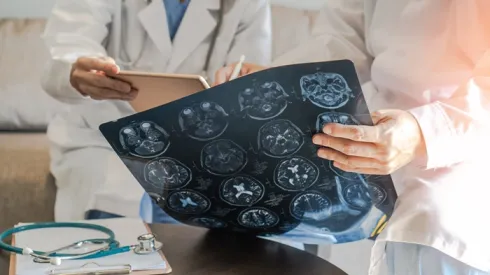
New study maps timing between brain signals and blood supply
An international research team from Berlin, Ljubljana, and Warsaw has quantified how long it takes for blood vessels to respond to neural activity during simple motor tasks, and how stable this delay is across individuals and repeated trials.
-
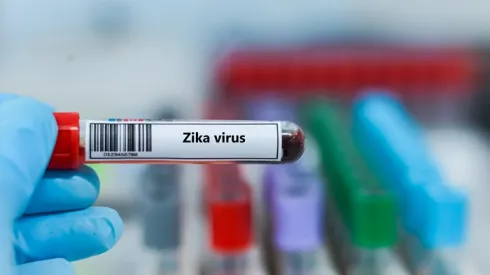
Gdańsk scientists develop technology to prevent Zika infections
The European Patent Office has granted a patent to a research team from the Intercollegiate Faculty of Biotechnology of the University of Gdańsk and the Medical University of Gdańsk for a technology aimed at preventing Zika virus infections.
-
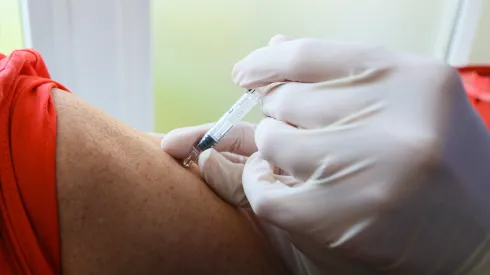
Beyond the Flu: How vaccinations boost health across the body
Vaccinations against influenza and other respiratory infections protect against more than the infection itself and its immediate complications. They also reduce the risk of cardiovascular events, curb antibiotic resistance, may lower the risk of dementia and certain cancers, and strengthen general immunity, emphasizes Professor Piotr Rzymski.
-
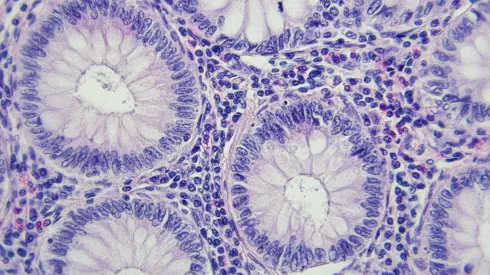
Cancer cells ‘adapt metabolism to thrive in new organs’, study finds
Cancer cells can reprogram their metabolism to survive in different organs, a process that influences their ability to metastasise, according to a study published in Nature by an international team including Sonia Trojan, PhD, from Jagiellonian University.
-

Training children’s sense of smell improves their everyday life, study shows
The sense of smell plays a crucial role in children’s daily functioning, from regulating emotions to enhancing taste, social interactions, and safety, according to Marta Rokosz, PhD, a researcher at the University of Wrocław’s Institute of Psychology.
-
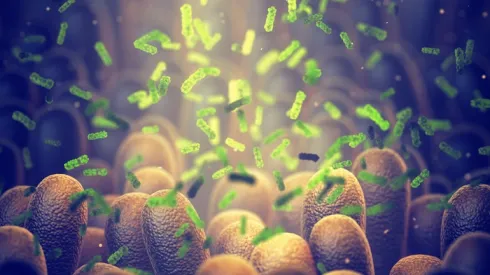
Marketing sometimes diverges from science in microbiome research, expert warns
Microbiome analysis is becoming an increasingly popular service in Poland, but experts warn that many commercial tests promise more than they can deliver, limiting their usefulness for patients, according to Paweł Łabaj from the Małopolska Centre of Biotechnology at the Jagiellonian University.
-

Genes, lifestyle and DNA methylation linked to facial skin ageing, Polish study finds
Scientists in Poland have found links between genetic variation, DNA methylation, lifestyle factors and visible signs of facial skin ageing, based on three-dimensional facial scans and large-scale genetic and epigenetic analyses of more than 700 people.
-
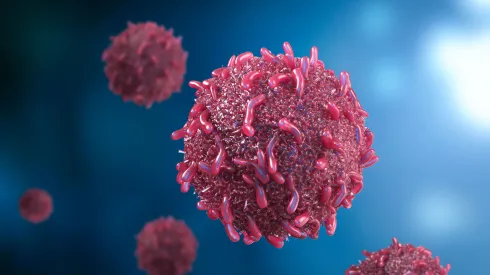
Polish protect to transform diagnosis of childhood soft tissue sarcomas
The largest research project in Poland focused on soft tissue sarcomas in children aims to introduce nationwide access to advanced molecular diagnostics and liquid biopsy, a move researchers say could permanently change the standard of care in paediatric oncology.
-
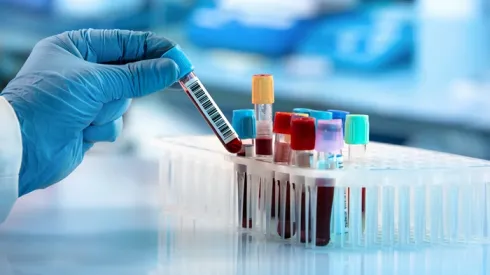
Polish scientists develop compound that ‘selectively kills’ colon cancer cells
Polish scientists have developed and studied a chemical compound that shows strong activity against colon cancer cells while leaving healthy tissue largely unaffected, according to research conducted at several Polish institutions.

